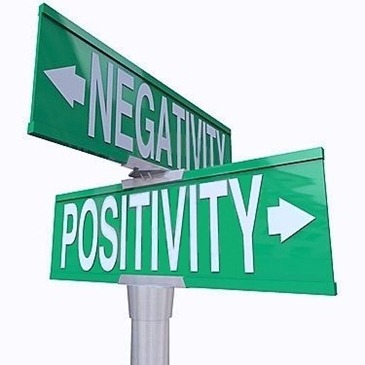
Many of you have asked me if I could talk about things I have learned in therapy since I announced back in the summer that I was going back into therapy for my struggles with anxiety.
Well, first off, I didn’t end up going right away. It took me about 1.5 months to find a therapist who would fit my budget. After a long search, I found a very nice lady who offers a sliding scale because her therapy office is based out of a church. I had almost given up on it and then was thrilled when I found her.
My therapist uses a multimodal approach with a focus on Cognitive Behavioural Therapy, which helps us understand how our thoughts and feelings influence our behaviours. CBT was also one of my favourite forms of therapy that I learned about in grad school.
We all have thoughts that tend to be so automatic we don’t question or challenge them. For example, “I’ll never be able to find a job that I love because I’m not exceptional at anything.” or “It must be my fault that they don’t like me because there’s something wrong with me.” It’s amazing when you stop and think about how many negative thoughts go through the mind each day.
CBT helps bring awareness to these thoughts that lead us to have incorrect beliefs about ourselves and our situations. In the past, I’ve had great success when using CBT methods, especially when in recovery for my eating disorder.
In therapy, we’ve been able to identify that a large part of my anxiety is due to personal issues from my past and also that I make false assumptions and predictions about events in the future. I tend to predict that a situation will go poorly, when in fact, I have no evidence that this is the case.
One of my favourite forms of CBT is the Thought Record. The great thing about it is that it can be used by anyone, anywhere.
The Thought Record has been very helpful for me to reframe automatic thoughts. The more you use it, the easier it is to fill out and catch your negative thoughts in the process. Once you practice, you can even start doing it in your head if you find yourself in the middle of an anxiety-provoking situation.
If you click the image below, the Thought Record will pop up in PDF format that you can print for yourself.

Here’s an example of what each column means:
1. The situation/trigger. Briefly describe the situation that led to your unpleasant feelings.
For example, “a work presentation”.
2. Feelings. What do you feel?
For example, “Anxiety, guilt, doubt, fear.”
3. Unhelpful thoughts/images. Identify the negative thinking (or “hot thought”) behind your feelings.
For example, “My presentation is going to go horrible and my boss is going to think that I’m bad at my job. I’m a failure.”
4. Facts that support the thought. Find evidence that supports your unhelpful thought.
For example, “My boss has told me in the past that she’s disappointed with my presentation skills.” and “I didn’t prepare as much as I should have.”
5. Facts that don’t support the thought. Facts that provide evidence against your unhelpful thought.
For example, “I have worked on my presentation skills since my poor review and I have improved.” and “I’m not a failure and I’m doing my best.” and “Everyone has bad days at work.”
6. Give an alternative/more balance thought. Now that you’ve considered the facts, write down a healthier way of thinking.
For example, “While I have struggled with presentations before, I’ve practiced and prepared for this presentation and have no proof that this will not go well.”
7. Outcome. Re-rate how you feel now.
“Less anxious” “calmer” “reassured”
That’s just one small example that it can be used for, but it can be applied to so many different types of situations, thoughts, and personal struggles. It’s a really helpful tool to use for body image issues because many of us tend to have automatic negative thoughts about our body that can impact our entire day. Sometimes all you need is to re-frame your thought and move on with your day.
Of course, it takes a bit of practice to be able to reframe a thought (and find evidence that doesn’t support it), but it will get easier over time. Also, not every thought record that you do is going to be life-changing, but I can assure you that some of the ones I have done have really impacted me.
The first time I did the thought record with my therapist, I had this major ‘a-ha’ moment. She helped me write a more balanced thought (I actually couldn’t think of one, so she filled one out for me) and it brought me to tears because something just clicked inside of me. It was amazing how it helped me see a situation in a new light that I’d never thought about before. That one moment has had a huge impact on how I now think about the situation.
The Thought Record makes my thoughts more realistic and balanced, when anxiety tends to make them very up and down and unbalanced. With practice it helps you slow down or stop those automatic thoughts in their tracks. I find that I can “catch” them fairly quick now, recognize them for what they are, and realize that my thinking is not realistic or fair. It sure beats going along in life accepting every negative thought that comes to mind.
If you feel yourself stuck on an issue, try using the Thought Record. It may just help you see something in a new way!




